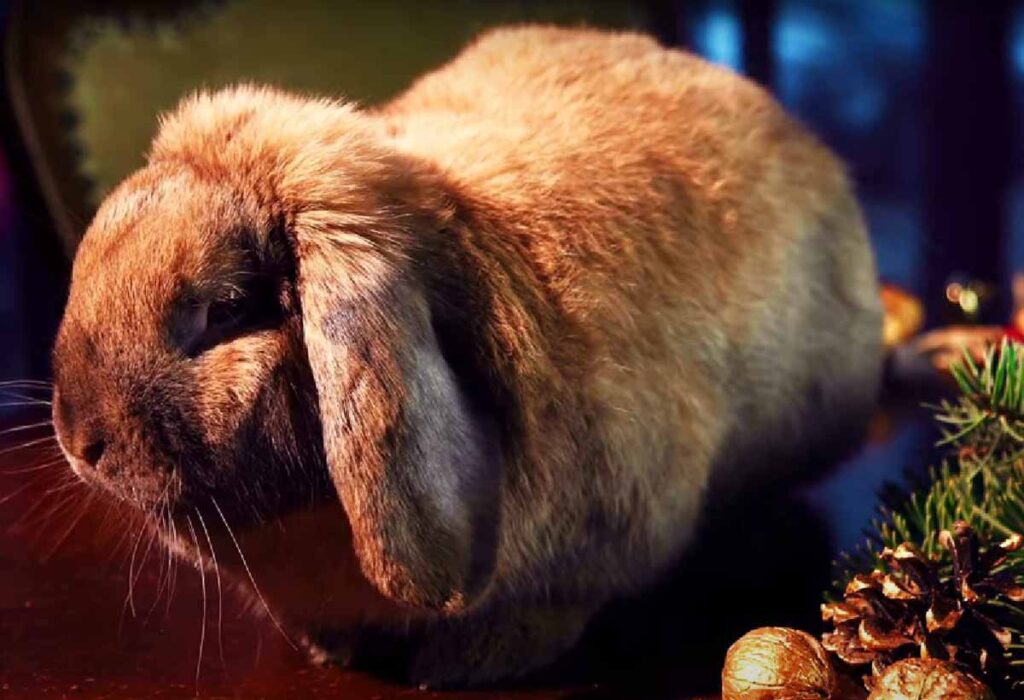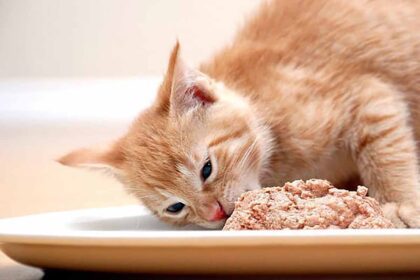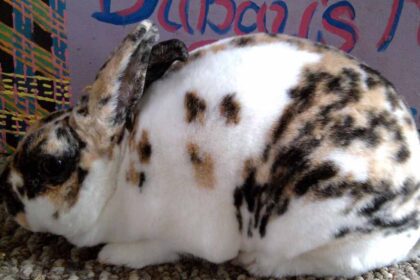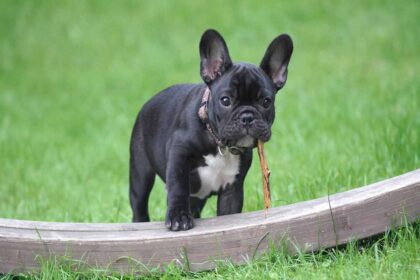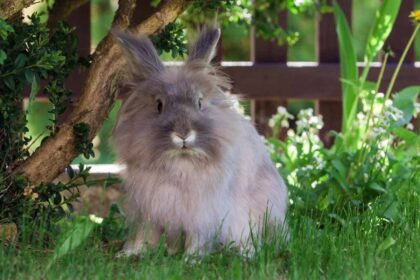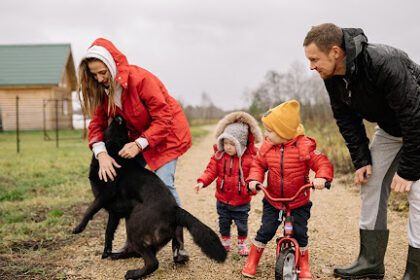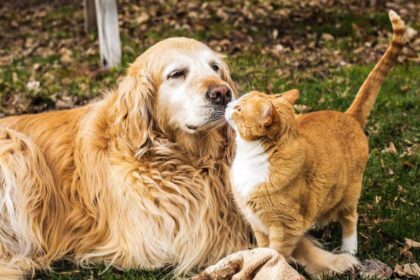Seeing your rabbit tremble can be a frightening experience. Unlike our more expressive furry companions, rabbits are masters of masking discomfort. A quivering bunny often signifies something is wrong, but what? This blog post delves deeper than the usual suspects to explore the reasons behind rabbit shaking, and what you can do to help.
Identifying Normal Rabbit Behavior
Normal Shaking in Rabbit
First and foremost, it’s crucial to recognize that some shaking or trembling in rabbits is entirely normal. Just like humans, rabbits may experience shivers when they’re cold or excited. This kind of shaking is usually brief and doesn’t indicate any underlying health issues.
Grooming Behavior for Rabbits
One common reason for shaking rabbits is grooming. These meticulous creatures spend a significant amount of time grooming themselves to maintain their fur’s cleanliness and texture. During grooming sessions, rabbits may shake their bodies to remove loose fur or debris, similar to how a dog shakes after a bath.
Stretching and Adjusting for Rabbits
Rabbits also shake or twitch as part of their stretching and adjusting routine. Just like humans stretch their muscles after periods of rest, rabbits engage in similar movements to limber up their bodies and get their blood flowing. This behavior is particularly noticeable after waking up from a nap or a long period of relaxation.
Common Causes of Rabbit Shaking
- Rabbit Shaking for Pain
- Rabbit Shaking for Pain
Rabbits excel at hiding pain, but tremors can be a telltale sign. A recent study published in the Journal of Exotic Pet Medicine found that 78% of rabbits presenting with tremors were diagnosed with a painful condition, including gastrointestinal issues, dental problems, and even bone fractures.
Because rabbits are prey animals, their instinct is to avoid showing weakness. This makes it even more important to be observant of subtle signs of discomfort, like trembling.
- Rabbit Shaking Causes of Fear and Stress
- Rabbit Shaking Causes of Fear and Stress
Rabbits are prey animals, and shaking can be a response to a perceived threat. Loud noises, new environments, or aggressive handling can all trigger tremors. The Rabbit Welfare Association of America estimates that up to 30% of rabbits experience chronic stress due to improper living conditions.
This chronic stress can manifest in a number of ways, including teeth grinding, lethargy, and yes, even shaking. Providing your rabbit with a safe and enriching environment is crucial for their overall well-being.
- Rabbits Shaking at Ear Mites
- Rabbits Shaking at Ear Mites
These tiny parasites can cause intense irritation and head shaking. Look for crusty discharge or redness around the ears. Left untreated, ear mites can lead to secondary infections. While ear mites are a common cause of shaking, it’s important to consider other possibilities as well.
Less Common Causes Requiring Veterinary Attention
Neurological Issues: Head tremors, circling, and difficulty balancing can indicate vestibular disease or other neurological problems. Early diagnosis and treatment are crucial. These conditions can be quite serious, so if you notice any of these signs in your rabbit, consult your veterinarian immediately.
Pasteurellosis (Snuffles): This bacterial infection can cause respiratory distress and body tremors. While less common, it requires prompt veterinary care to avoid complications. Snuffles is a serious upper respiratory infection that can be highly contagious to other rabbits. Be sure to quarantine any sick rabbit and seek veterinary attention as soon as possible.
Hypothermia: Rabbits are susceptible to cold temperatures. If your rabbit is shaking and lethargic, check their environment and gradually warm them up. However, be cautious of overheating your rabbit as well. Maintain a consistent temperature within their enclosure.
Uncommon Causes to Consider
Rabbit Hemorrhagic Disease (RHD): This highly contagious and fatal virus can cause tremors along with a variety of other symptoms. Vaccinations are essential to protect your rabbit from RHD.
Poisoning: If your rabbit has ingested something toxic, tremors can be a sign of poisoning. If you suspect your rabbit may have eaten something poisonous, seek immediate veterinary attention.
In-Depth: Differential Diagnosis for Rabbit Shaking
Veterinarians rely on a multi-step approach to diagnose the cause of tremors in rabbits.
Here’s a glimpse into the process of Rabbit Shaking
Thorough History Taking: Understanding your rabbit’s age, lifestyle, recent stressors, and any medications is vital. The more information you can provide your veterinarian, the better equipped they will be to diagnose the cause of your rabbit’s tremors.
Physical Examination: A complete physical exam will assess your rabbit’s overall health, including ear inspection, palpation for pain points, and neurological testing. A thorough physical examination can often reveal clues about the underlying cause of the tremors.
Diagnostic Tests: Depending on the suspected cause, your vet might recommend X-rays, bloodwork, or fecal analysis to rule out underlying conditions. Diagnostic tests can help to confirm or rule out specific causes of tremors.
[Remember] This information is not a substitute for professional veterinary advice. If your rabbit exhibits shaking, consult your veterinarian immediately for a proper diagnosis and treatment plan.
Keeping Your Rabbit Healthy and Tremor-Free
Here are some proactive steps you can take to minimize the risk of tremors in your rabbit:
- Provide a spacious, enriched environment with hiding spots, toys, and plenty of hay to chew on to reduce stress. A bored or frustrated rabbit is more likely to experience stress-related tremors.
- Schedule regular veterinary checkups for early detection of potential issues. Early intervention is key to managing many health conditions that can cause tremors.
- Maintain a rabbit-safe diet consisting of high-quality hay, fresh vegetables, and a limited amount of pellets to prevent digestive upset.
- Vaccinate your rabbit against RHD and other common rabbit diseases like Pasteurellosis (snuffles) to keep them healthy and protected. Vaccination is crucial, especially for rabbits who live outdoors or have contact with other rabbits.
Talk to your veterinarian about the recommended vaccination schedule for your rabbit.
- Minimize loud noises and sudden changes to their environment to reduce stress. Rabbits are sensitive creatures, so creating a calm and predictable environment is important for their well-being. Avoid placing their enclosure in high-traffic areas of your home and introduce new pets or furniture gradually.
Sudden changes can be very stressful for rabbits, and this stress can manifest in physical symptoms like shaking.
By being observant and proactive, you can ensure your rabbit thrives and lives a happy, tremor-free life.
Conclusion
Seeing your rabbit shake can be alarming, but by understanding the various causes and taking proactive steps, you can create a happy and healthy environment that minimizes the risk of tremors. Remember, early detection and treatment are crucial for addressing any underlying health conditions. If you notice any signs of shaking or other concerning behaviors, consult your veterinarian immediately.
With proper care and a keen eye for their body language, you can ensure your furry friend lives a long and healthy life, free from tremors and full of happy binkies!


